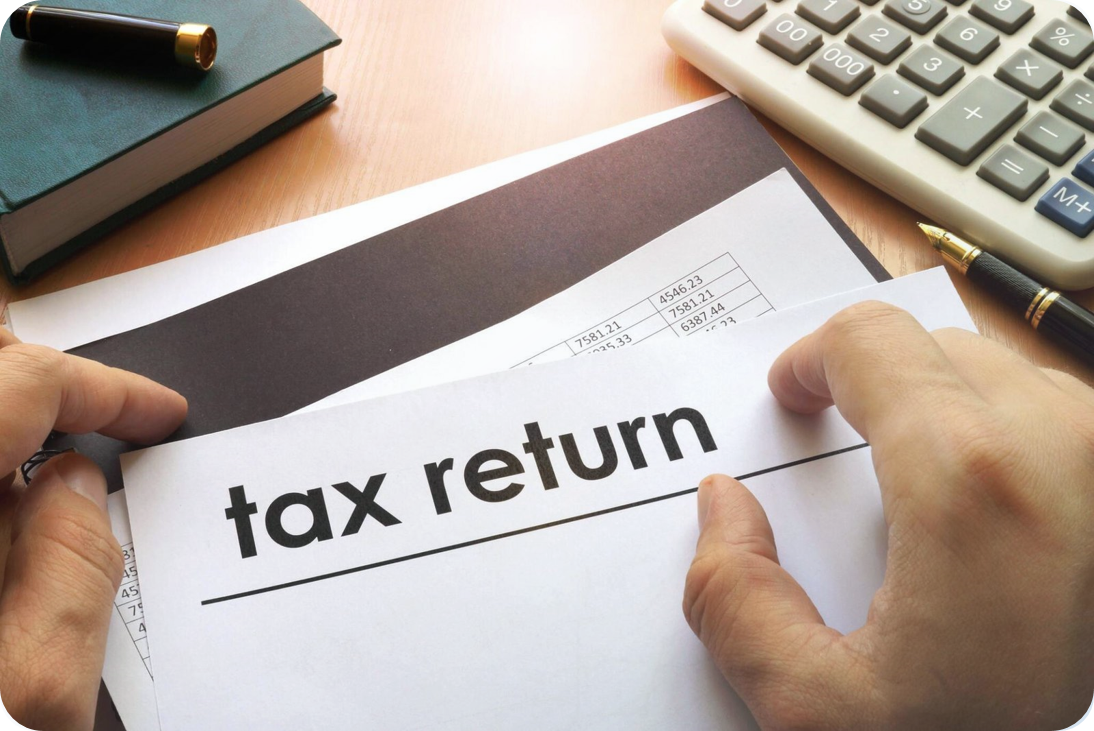10 Tips for Filing Self Assessment Tax Return in the UK
Filing your Self Assessment tax return in the UK might seem daunting at first, but with the right approach and some handy tips, it can become a manageable task. Whether you’re a freelancer, self-employed individual, or a business owner, understanding the process doesn’t have to be a headache. Here are some easy-to-follow tips to help you breeze through your tax return and make the most of self assessment service available to you.
- Organize Your Documents: Before diving into your tax return, gather all the necessary documents. This includes income statements, expenses receipts, bank statements, and any other relevant financial records. Keeping everything organized will save you time and ensure accuracy.
- Know Your Deadlines: HMRC sets deadlines for filing tax returns and making payments. Make sure you know these dates and mark them on your calendar to avoid any penalties for late submission. The deadline for online tax returns is usually 31st January.
- Register for Online Filing: Filing your tax return online is often quicker and more convenient than the paper method. Register for HMRC’s online services well in advance if you haven’t already done so. This will give you access to the Self Assessment portal where you can submit your return electronically.
- Keep Records of Expenses: Deductible expenses can significantly reduce your tax liability. Keep thorough records of all allowable expenses related to your business or self-employment. These might include office supplies, travel costs, equipment purchases, and professional fees. Make sure to claim all the expenses you’re entitled to.
- Understand Your Tax Responsibilities: Familiarize yourself with the tax obligations specific to your situation. Different types of income are taxed differently, and there may be additional considerations for certain professions or industries. If you’re unsure about any aspect of your tax return, seek advice from a tax professional.
- Use HMRC Resources: HMRC provides a wealth of resources to help taxpayers complete their Self Assessment tax returns accurately. Take advantage of guides, tutorials, and online calculators available on their website. These resources can clarify complex tax concepts and assist you in filling out your return correctly.
- Double-Check Your Entries: Accuracy is key when completing your tax return. Review each section carefully before submitting to ensure all information is correct and up to date. Mistakes or omissions can lead to delays in processing or even trigger HMRC inquiries, so take the time to double-check your entries.
- Plan for Payments: If you anticipate owing tax based on your return, plan ahead to ensure you have sufficient funds available to make the payment by the deadline. HMRC offers various payment options, including direct debit, online banking, and payment by debit or credit card. Set aside money throughout the year to cover your tax liability and avoid any last-minute financial strain.
- Utilize Expert Self Assessment Tax Return Services: If you find yourself unsure about navigating the complexities of tax laws or maximizing your deductions, consider utilizing professional self-assessment tax return services. Experts in this field can offer valuable guidance tailored to your specific circumstances, ensuring accuracy and potentially uncovering additional tax-saving opportunities.
- Keep Records for Future Reference: Once you’ve submitted your tax return, retain copies of all relevant documents for your records. This includes your completed return, supporting documentation, and any correspondence with HMRC. Keeping thorough records will make it easier to address any questions or concerns that may arise in the future.
By following these simple tips and staying organized throughout the process, you can tackle your Self Assessment tax return with confidence and ease. Remember to start early, stay informed, and seek assistance from self employed accountant when needed to ensure compliance with HMRC requirements and minimize stress during tax season.




Comments